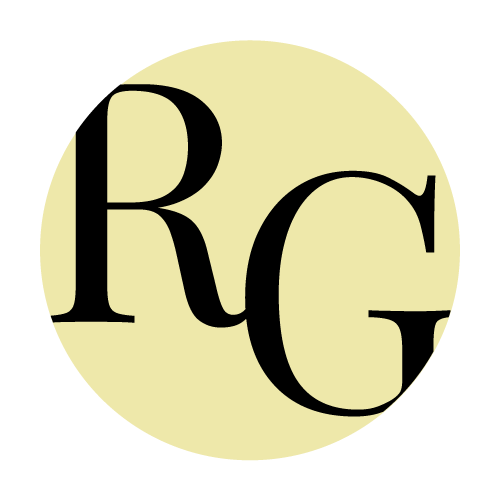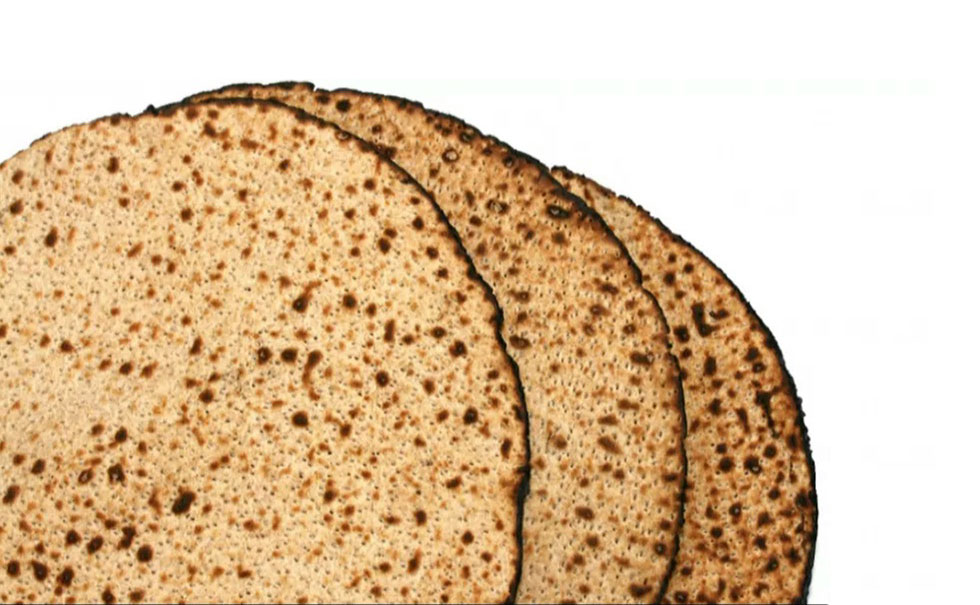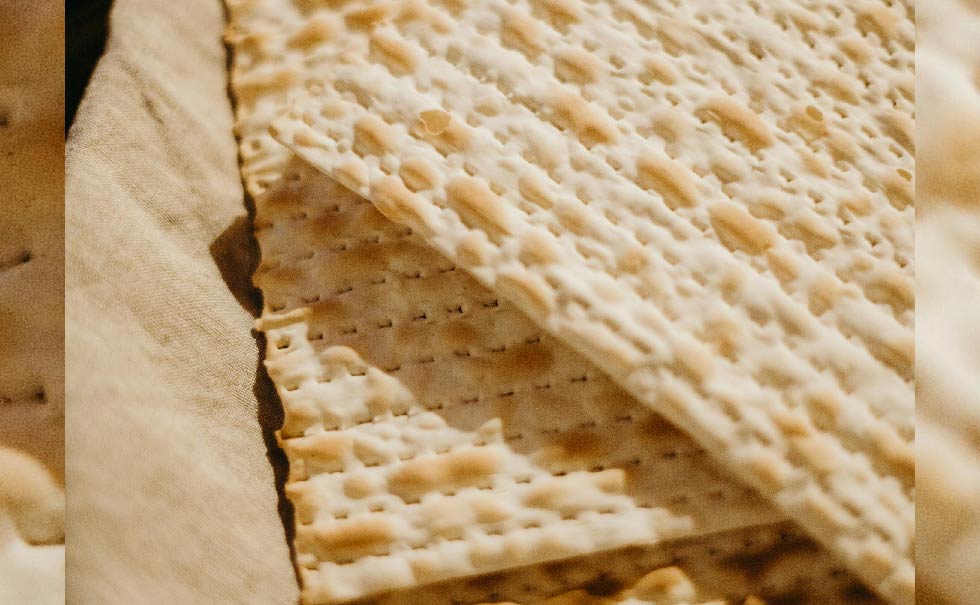Pesach 2021
Shalom U’vracha,
Pesach is perhaps one of the most universally attended festivals by Jews of all denominations, its theme of the quest for freedom is timeless and profound and its central focus is the coming together of family. In the last year, we have toa great extent lost both of our connections to these central and essential human experiences.
Whilst many of us bemoan the loss of our individual freedoms the obvious paramount desire of most of the people that we communicate with is to be close to their families and loved ones once again.
Whilst all communities have customs and songs that they celebrate as part of their history, the thread that binds them all together is predominantly a time of family and community.
Pesach is not a time of the celebration of “individual human freedoms”, rather it stands as a monumental testament to freedom from slavery into peoplehood.
Judaism does not understand freedom to be the expression of mere personal preference. Rather, freedom is the result of a society in which everyone undertakes their own responsibility to morality and above all else, kindness and compassion, especially those less fortunate.
It is interesting that we express this in a paradoxical manner during the festival, the symbol of this freedom is that we take our bread, the “staff of life”, the daily staple and nourishment of an entire society and forbid it temporarily in order to be able to appreciate it.
There are places on the planet where it is difficult not to feel extremely privileged, in our journey we have visited some of the humblest areas in Asia, Africa, and Europe. There are many places where health, shelter, and daily bread are not guaranteed and where the inhabitants lack access to basic sanitation, clean water, medicine, education, and sustenance.
Matza, called “the poor man’s bread”, “the bread of affliction” and simultaneously “the bread of freedom” carries this message for us: regardless of any societies affluence, and technological achievements we must remember that a Society of privilege is nothing if it focuses not on the needs of the most vulnerable: in many ways, this is comparable with the Festival of Sukkot in which we temporarily remove ourselves from the luxury of our homes and familiar settings to dwell simply in the most basic of human structures.
The Torah, in a symbolic way, reminds us of our humble beginnings; without bread, without shelter at the mercy of a more powerful and affluent culture.
For as long as we remain disconnected from this human tragedy, lacking empathy towards our fellow we remain in the most profound darkness and exile – the Torah is calling us to action, to change the world, to inspire, to feed the hungry, heal the sick and clothe the naked.
This year, a new lack is revealed: so many of us, especially the elderly and those at serious risk from this terrible virus have in the Western world still had relative comfort, our lives whilst changed by lockdowns and stresses of lack of work and financial upheaval, we have discovered that the thing we truly miss and crave for is human connection.
Whilst Pesach contains these larger human themes of slavery and redemption, we celebrate our ultimate freedom in the ability to sit together peacefully as friends, family, and as a wider community.
As we prepare excitedly, although cautiously leave the restrictions of lockdown, we cannot forget the feelings of isolation and loneliness we and others have experienced and for many continue to experience every day.
We must become as a society equally focused on the prevention of disease, hunger, and injustice as well as our emotional needs for human connection, friendship, and understanding.
May this year bring us to the ultimate redemption of mankind, a time of freedom from all manner of slavery and sadness, may we move towards a time of peace, prosperity, health, and above all togetherness.
Shabbat Shalom and Chag Somayach!
Rabbi Jonathan Goldschmidt 2021 ©




